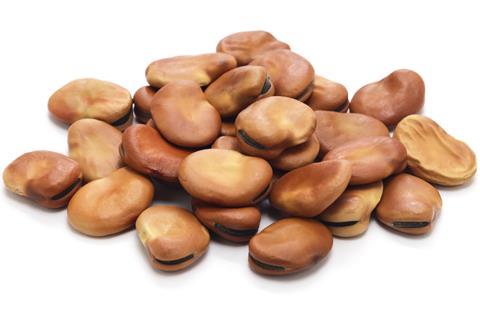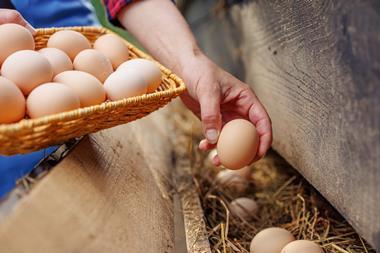
A new three-year project is hoping to convince consumers to switch to bread containing faba beans.
Teams of researchers from the University of Reading are working on the Raising the Pulse scheme to bring about what they describe as “one of the biggest changes to UK food in generations”.
The scientists say the faba bean, which can be grown in the UK, is an excellent alternative to imported soya bean that is used by some suppliers in bread as an improver.
Faba beans are also particularly high in easily digested protein, fibre and iron, which are nutrients that can be low in UK diets.
Professor Julie Lovegrove, who is leading the £2m publicly-funded research programme, said the obvious way to help people improve their nutrition without changing their diets was to look at bread.
“96% of people in the UK eat bread, and 90% of that is white bread, which in most cases contains soya,” she explained. “We’ve already performed some experiments and found that faba bean flour can directly replace imported soya flour and some of the wheat flour, which is low in nutrients.”
Five teams of researchers from the university, along with members of the public, farmers, industry and policy makers, are now working together on the project, which is funded by the UKRI Biotechnology and Biological Sciences Research Council as part of their Transforming UK Food Systems initiative.
As well as consulting and working with members of disadvantaged communities there will be studies using novel foods at the University of Reading’s students’ halls of residence and catering outlets.
“Students will be asked to rate products made or enriched with faba bean, such as bread, flat bread, and hummus,” said Matt Tebbit, who runs the university’s catering service. “It is hoped that faba bean will improve satiety, as well as providing enhanced nutritional benefits in products that are enjoyable to eat.”
Researchers will also look at the cultivation of faba beans by choosing or breeding varieties that are healthful as well as high yielding, working with the soil to improve yield, mitigating environmental impacts and planning for the changing climate.
































No comments yet